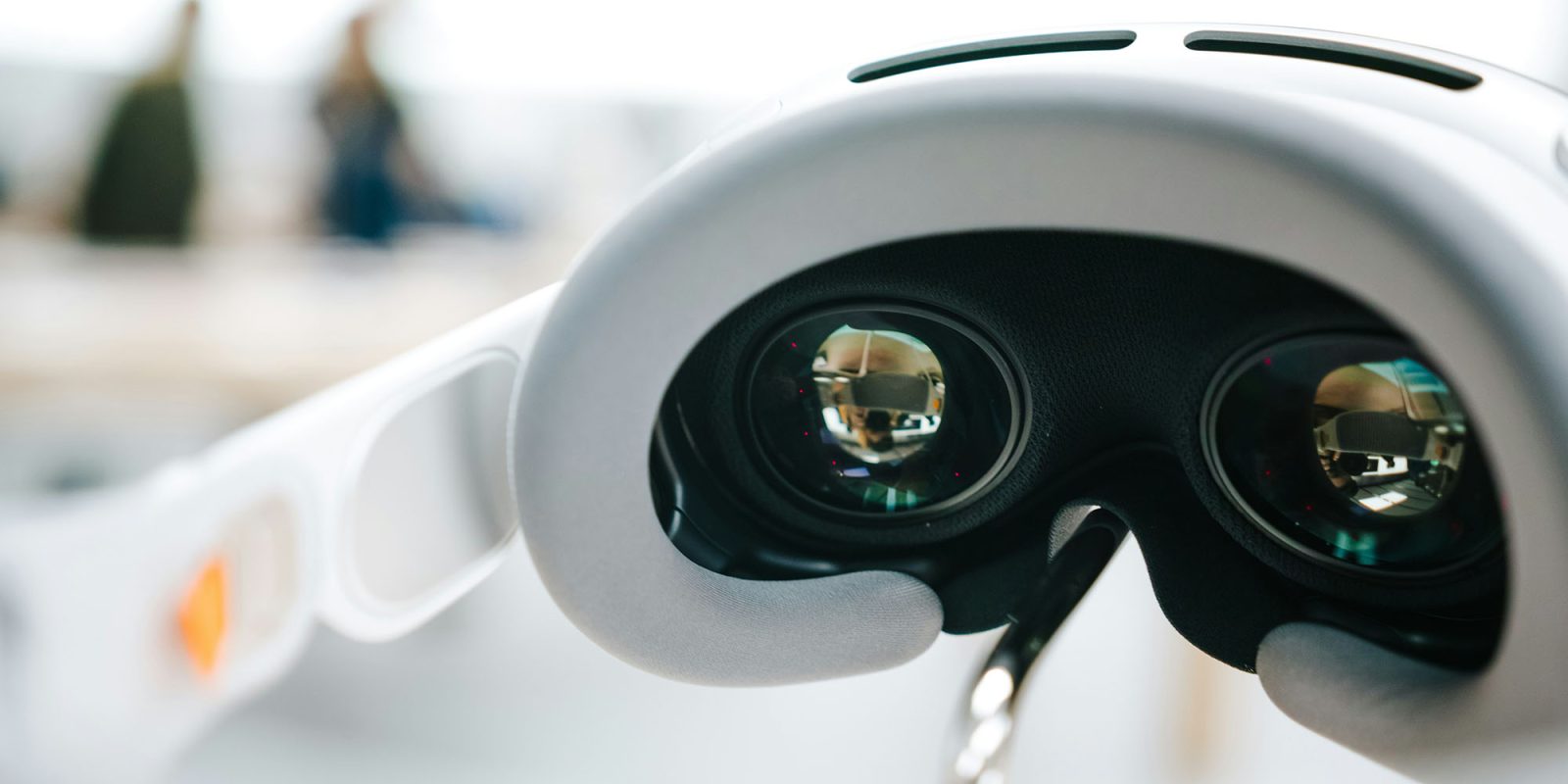
Often when Apple’s Vision Pro is discussed, the device’s tech is praised as impressive. However, there’s common rhetoric about whether the device has enough practical use cases. Can it add value not offered by other computing devices? It turns out, a team of medical professionals have found Vision Pro extremely useful for live surgeries in the operating room.
San Diego team testing several medical applications for Vision Pro, including surgery
At the University of California, Santiago Horgan and other surgeons have reportedly performed “more than 20 minimally invasive operations” while wearing the Vision Pro.
Andrew R. Chow writes for TIME:
In previous years, Horgan tried other headsets, like Google Glass and Microsoft HoloLens, and found they weren’t high-resolution enough. But he tested the Apple Vision Pro before its release and was immediately impressed. Horgan applied for approval from the institutional review board at the University of California, which green-lit the use of the devices. In September, he led the first surgery with the Apple headset, for a paraesophageal hernia. “We are all blown away: It was better than we even expected,” Horgan says.
In the weeks since, UC San Diego’s minimally invasive department has performed more than 20 surgeries with the Apple Vision Pro, including acid-reflux surgery and obesity surgery. Doctors, assistants, and nurses all don headsets during the procedures. No patients have yet opted out of the experiment, Horgan says.
Horgan remarks that one of the key benefits, interestingly, is a reduced risk of injury to surgeons themselves.
This is because these minimal-access procedures usually involve looking back and forth between a patient on the table and a monitor located somewhere nearby. “About one-fifth of surgeons polled said they would consider retiring early because their pain was so frequent and uncomfortable.”
Vision Pro is not only being used during active surgeries. It’s also being tested by UC San Diego’s team for creating 3D radiology imaging.
The team is expected to release papers in the years ahead documenting the benefits of headsets in medical settings.
Christopher Longhurst, chief clinical and innovation officer at UC San Diego Health: “We believe that it’s going to be standard of care in the next years to come, in operating rooms all over the world.”
Would you approve a surgery that’s assisted by the Vision Pro? Why or why not? Let us know in the comments.
FTC: We use income earning auto affiliate links. More.




